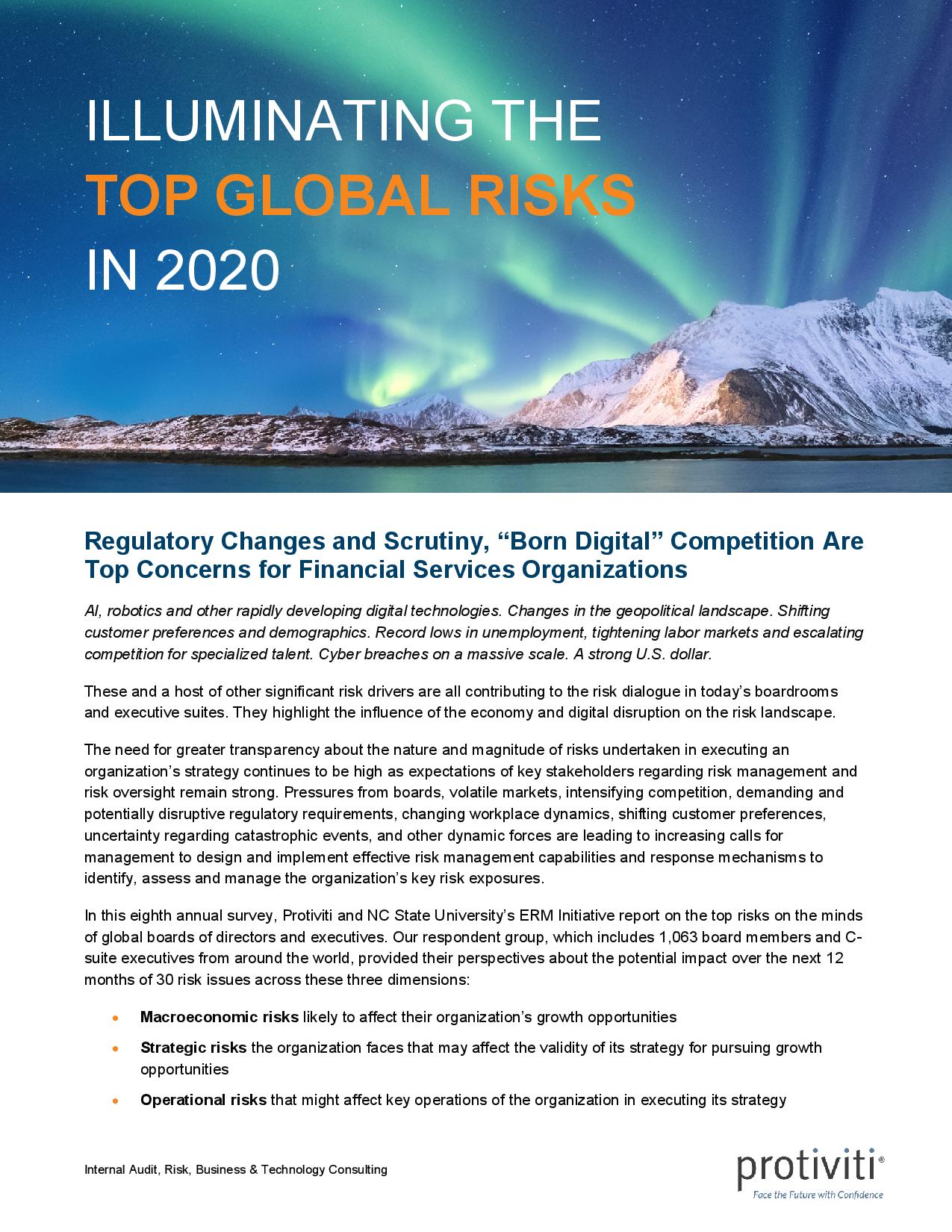Specialized Risk Competitions: A Comprehensive Guide
Specialized risk competitions have emerged as essential platforms in various industries for assessing and managing risks associated with specific activities or intentions. In today’s ever-evolving landscape, organizations and professionals are faced with numerous challenges that necessitate not just awareness but proactive risk management strategies. As we delve into this topic, you will discover the significance of specialized risk competitions, how they function, and what makes them invaluable for both participants and stakeholders.
With statistics indicating that businesses that engage in specialized risk assessments can significantly minimize potential losses, it is crucial for organizations to understand the parameters of risk competitions. This article will cover key aspects such as the definition of specialized risk competitions, their role in different sectors, and the various methodologies employed in these assessments. We will also explore real-world examples and provide insights into the future of risk management competitions.
By the end of this article, you will have a clearer understanding of the mechanisms, benefits, and strategies associated with specialized risk competitions, along with actionable insights that can be applied within your organization.
Understanding Specialized Risk Competitions
To grasp the concept of specialized risk competitions, it’s essential to define what they entail. These events are structured formats where participants—often organizations or individuals—compete to identify, evaluate, and propose solutions to specific risks within a defined scope. The competitions can vary in nature, from theoretical assessments to practical implementations.
What Constitutes a Specialized Risk Competition?
- Focus on Specific Risks: Unlike general risk assessments, these competitions target particular risks related to an industry, environment, or technological challenge.
- Engagement of Stakeholders: Various stakeholders, including professionals from the industry, academic experts, and even the public, can participate.
- Outcome-Oriented Assessments: The primary goal is to achieve actionable insights that can lead to better risk management practices.
The Importance of Risk Competitions
Engaging in specialized risk competitions serves multiple purposes for organizations:
- Enhancing Awareness: Participants gain a deeper understanding of risk factors that can affect their operations.
- Networking Opportunities: These events provide a platform for professionals to meet and exchange ideas, fostering collaboration.
- Innovation and Creativity: The competitive nature encourages participants to think outside the box and propose innovative solutions.
Types of Specialized Risk Competitions
Specialized risk competitions can be categorized based on various criteria. Let’s explore the primary types:
1. Industry-Specific Competitions
These competitions focus on specific sectors such as finance, healthcare, or technology. For instance, a financial risk competition might challenge participants to devise strategies for managing credit risks in volatile markets. Companies like Uber Freight often engage in such competitions to enhance supply chain risk management.
2. Academic Challenges
Academic institutions often organize competitions that challenge students to analyze risk scenarios and propose solutions based on theoretical frameworks. These events not only help students apply their learning but also prepare them for industry challenges.
3. Community-Based Events
Local communities might host competitions that focus on risks affecting specific geographic areas, like natural disaster preparedness or environmental hazards. Such competitions aim to engage the community in proactive risk management.
Methodologies in Specialized Risk Competitions
Methodologies utilized in specialized risk competitions are crucial for evaluating participants’ submissions effectively. Here are some prevalent methodologies:
1. Risk Assessment Frameworks
Various frameworks guide participants in evaluating potential risks. Popular frameworks include:
- ISO 31000: A standard providing principles and guidelines on risk management.
- Risk Matrix: A tool that helps categorize risks based on severity and likelihood.
2. Simulation Competitions
In simulation-based competitions, participants are often presented with real-world scenarios to navigate. These simulations allow for a practical understanding of risk management in a controlled environment.
Benefits of Participating in Specialized Risk Competitions
Organizations and individuals stand to gain various benefits from participating in these specialized competitions:
1. Improved Risk Management Skills
By engaging in competitions, participants learn best practices and methodologies that can significantly enhance their risk management capabilities within their organizations.
2. Recognition and Awards
Winners of these competitions often receive public recognition, certificates, and sometimes monetary awards or funding for their proposals, boosting morale and encouraging further innovation.
3. Contribution to Industry Knowledge
Insights and solutions generated during these competitions often contribute to the body of knowledge within the industry, benefiting all stakeholders involved.
Challenges in Organizing Specialized Risk Competitions
Despite the numerous benefits, organizing risk competitions comes with challenges:
1. Cost and Resources
Planning and executing a competition requires significant financial investment and resources, which may pose challenges for smaller organizations or communities.
2. Ensuring Fair Evaluation
Establishing clear evaluation criteria and ensuring impartiality among judges can be difficult but is essential for the competition’s credibility.
Future Trends in Risk Competitions
As industries evolve, so too do the dynamics of specialized risk competitions. Some anticipated trends include:
1. Increased Focus on Technology
With the rise of digital risks, future competitions will likely focus more on cybersecurity and data protection, addressing challenges that businesses face in the technology landscape.
2. Enhanced Collaboration across Borders
Global risks necessitate international collaboration, leading to competitions that bring together participants from various countries to tackle risks that transcend borders.
Conclusion
Specialized risk competitions represent a dynamic and effective approach to understanding and managing risks in various sectors. By fostering creativity, collaboration, and innovation, they contribute significantly to the development of robust risk management practices. As industries continue to face new and complex risks, the importance of these competitions cannot be overstated. Whether you are a participant looking to enhance your skills or an organization aiming to improve your risk management strategies, engaging in specialized competitions is a worthwhile investment in the future.
For more insights on risk management, check out the related articles on risk strategies, which delve deeper into the nuances of specialized risk frameworks and practical applications of the insights gained from competitions.

Embrace the challenge of specialized risk competitions and take proactive steps towards enhancing your risk management strategies today!
